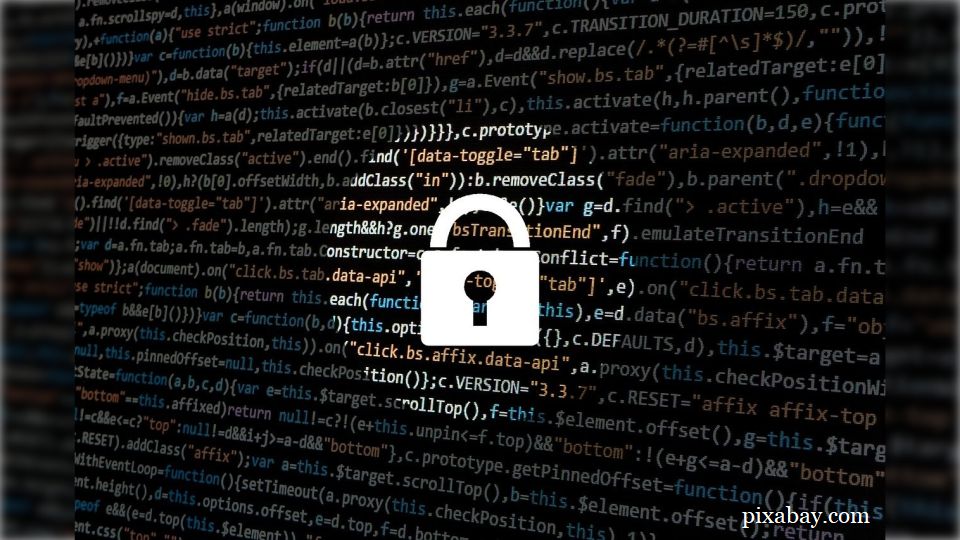The Fake News Phenomenon
A predominantly online phenomenon, “fake news has grown exponentially in recent years

Corina Cristea, 02.02.2018, 13:41
A predominantly online phenomenon, “fake news has grown exponentially in recent years to engulf traditional and social media. Presented as genuine information regarding a factual event, the so-called “fake news may include alternative translations, fabricated news, half-truths or, in other words, some form of public manipulation that may easily be believed. To fight this phenomenon, the European Commission has recently set up a task force, made up of 39 experts, IT specialists, representatives of mass-media, academia, social networks such as Facebook and Twitter, as well as online giant Google.
Professor Alina Bargaoanu, the dean of the Communication and Public Relations Department with the School of Political and Administrative Sciences in Bucharest is a member of this task force. She told us her own understanding of the fake news phenomenon.
Alina Bargaoanu: “Fake news is that particular blend of a blatant lie and a fact, which results in partly true or partly false items of information. But beyond that, the phenomenon that has come to the attention of the task force is far broader. It deals with malformations of the information ecosystem, with what Ive come to define as the new information disorder. It takes a variety of forms, from digital propaganda to means of generating Facebook likes, from content-generating algorithms to ecochambers and so on. So this phenomenon goes well beyond false pieces of news.
In this context, the European Commission is holding a public online consultation on this topic until February 23. People are invited to fill in online questionnaires which will be used to compile data about fake news. There are two types of questionnaires, one addressing citizens, the other professional organizations and journalists. Here is Law Professor Daniel Mihai Sandru with University of Bucharest, with more details:
Daniel Mihai Sandru: “The discussion about fake news should be placed in a broader context, which should include the neutrality of the Internet, the Commissions proposals about online copyright and link protection, as well as all its other proposals to regulate the online medium. One of these proposals is a set of general guidelines regarding the protection of personal data, which is extremely important and is set to take effect on May 25, 2018.
The European Commission will most likely come up with legislative measures in this respect, at the end of the year or in 2019, Professor Sandru also says. The goal of fake news is to manipulate the public, trying to change their opinions on a particular political actor, or to influence voters, to generate a slander movement or to represent a particular action in a negative light. The Brexit vote in the summer of 2016, and the US elections just months later, are situations that raised the alert level in this area. News agencies wrote that checks run by respected media institutions had proven the financial involvement and other types of interference of Russian citizens and organisations, some of them financed directly by the Russian government, whose employees, the so-called trolls, had led social media campaigns and disseminated manipulating information.
In a recent hearing at the European Parliament, the European Commissioner for Security Julian King accused Russia of deliberately spreading false information in order to undermine the Union, and said Moscow did not even make a secret of this. Russias official military doctrine, as well as the statements of certain high-level Russian generals, indicate that the use of disinformation and destabilising propaganda are seen as legitimate means, as “another type of armed force, says the EU security chief.
Each persons willingness to make an intellectual effort, to read everything thoroughly, is in fact the key to establishing whether a piece of news is true or false, the Romanian administrative and geo-political sciences expert Marius Vacarelu believes, because much as anybody would try to lie to you, if you know the facts you cannot be misled. Ultimately, it all comes down to education.
(translated by: Vlad Palcu, Ana-Maria Popescu)






























